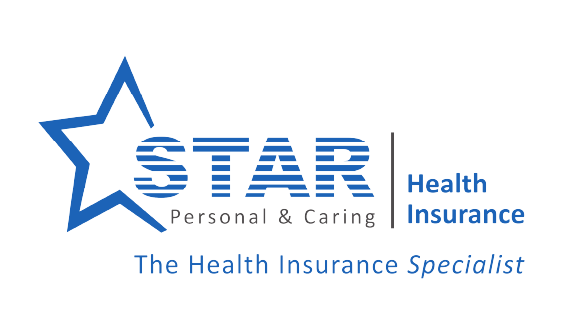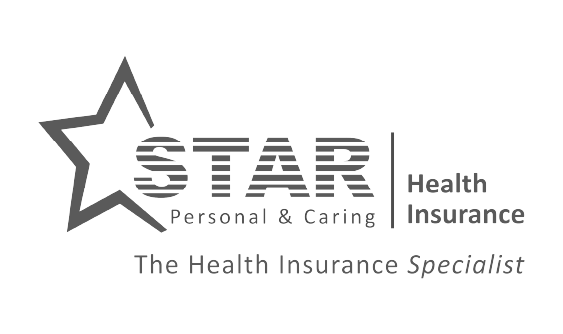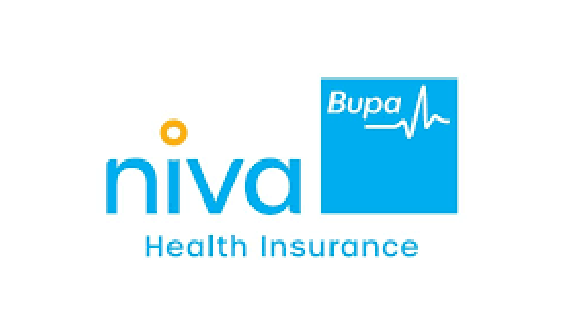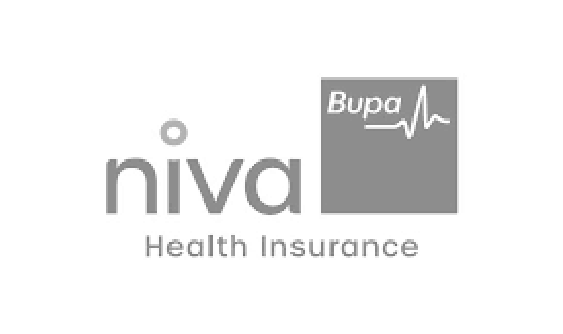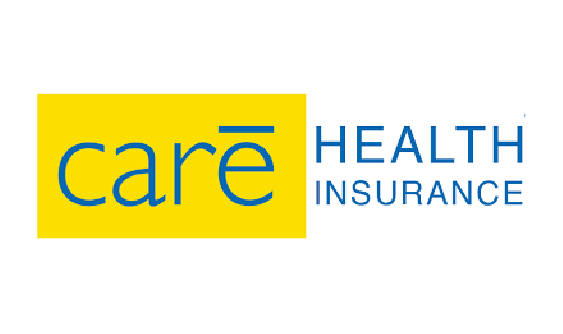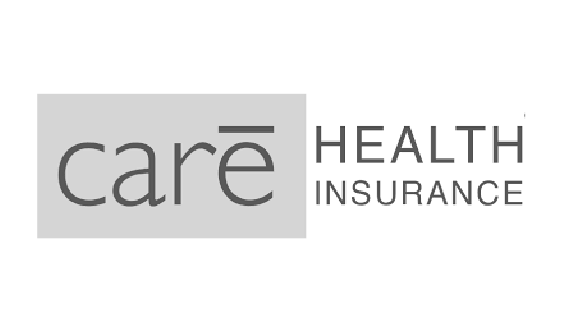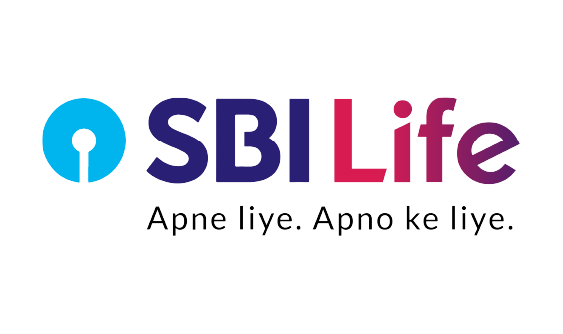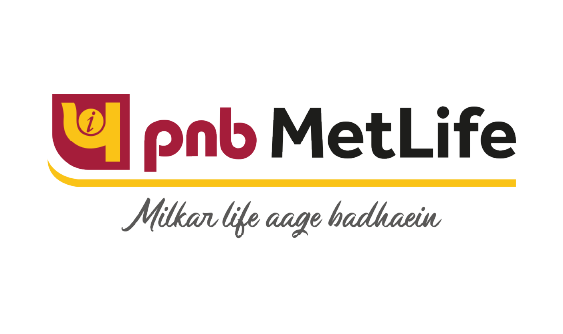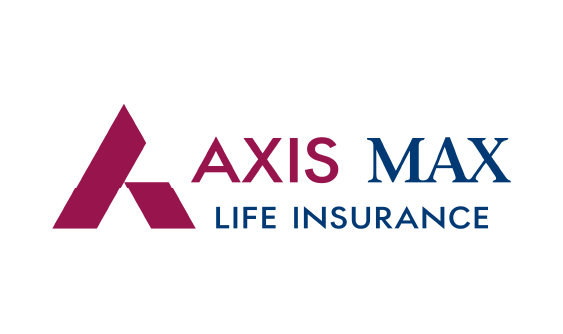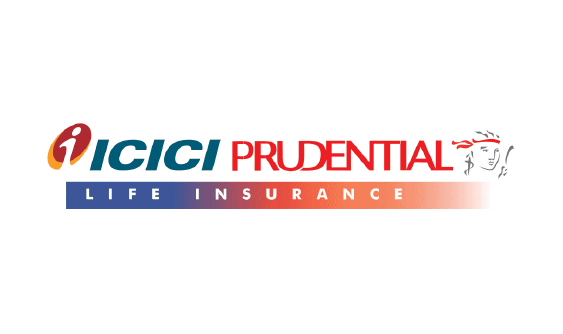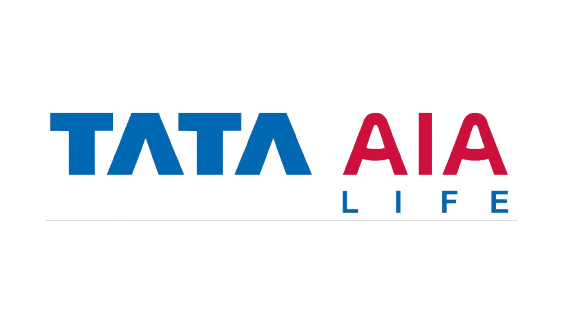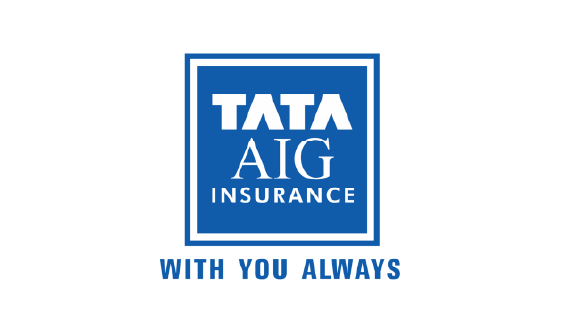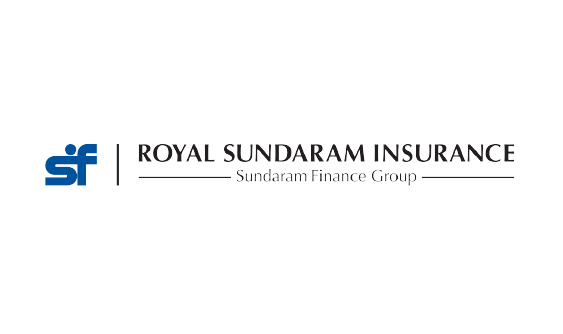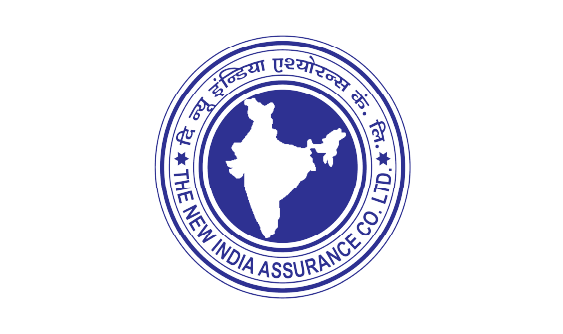An initiative by Epsilon Money

Insurance
isn’t Plan B.
It’s Plan A for people
who know what’s at stake.
What is Insurance?
Insurance is a risk management tool that safeguards individuals, families, and businesses against unforeseen events or losses. By transferring the financial burden to the insurance company, individuals can protect themselves from potential financial hardships.
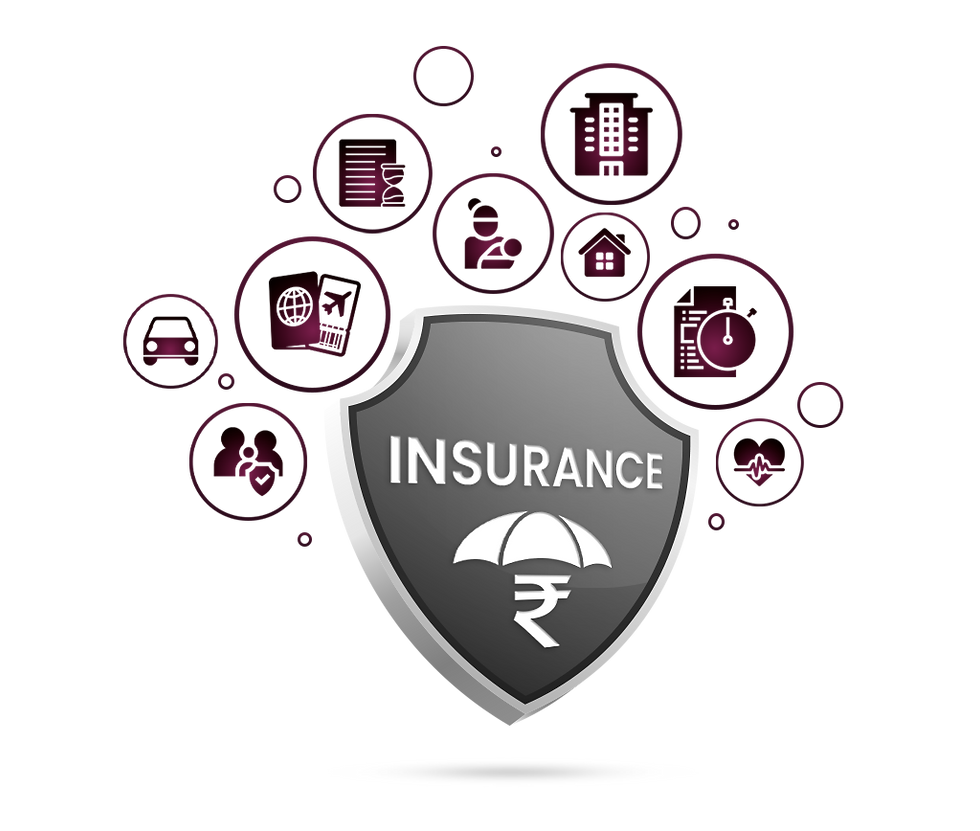
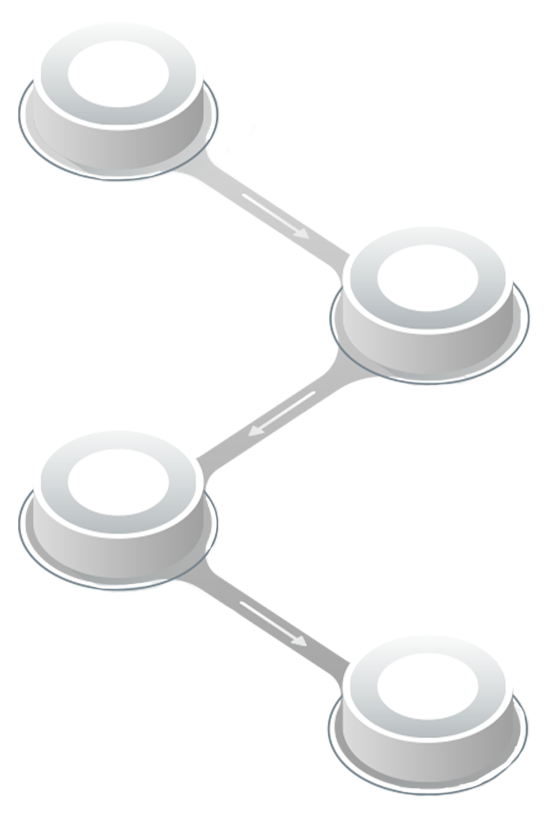
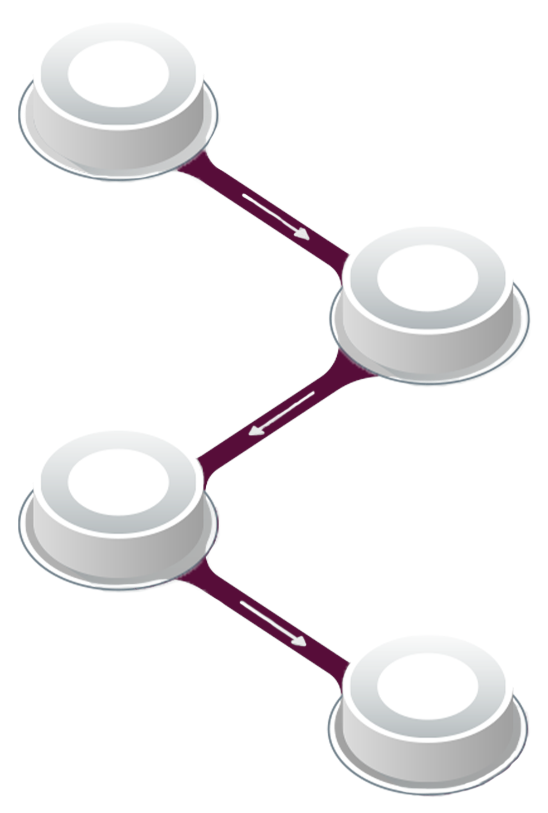
Asset Protection (Car, Home)
Because you’ve worked hard for these, they shouldn’t vanish in a mishap.
Because recovery should be about healing and not bills.
Critical Illness Cover
Types of Insurance That You Really Need
Health Insurance
Because financial freedom loses meaning if one medical emergency breaks you.
Term Life Insurance
Because if you’re not around, your goals should still be.




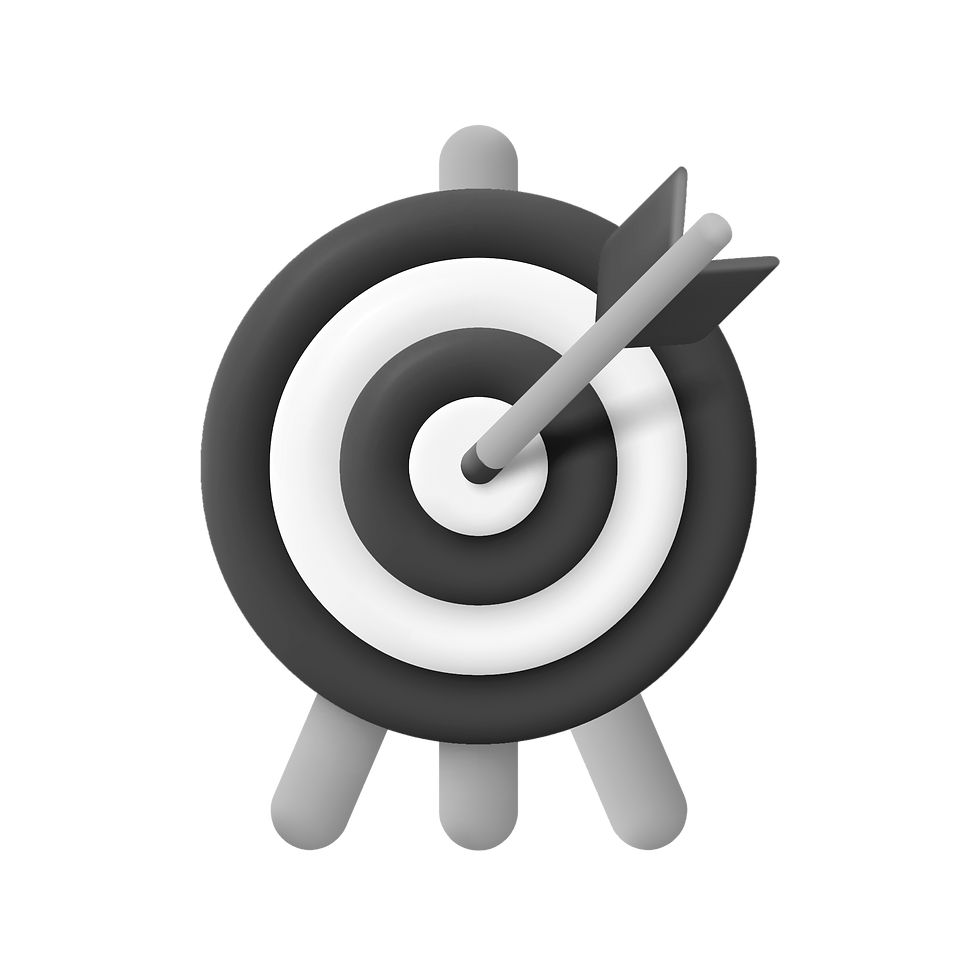
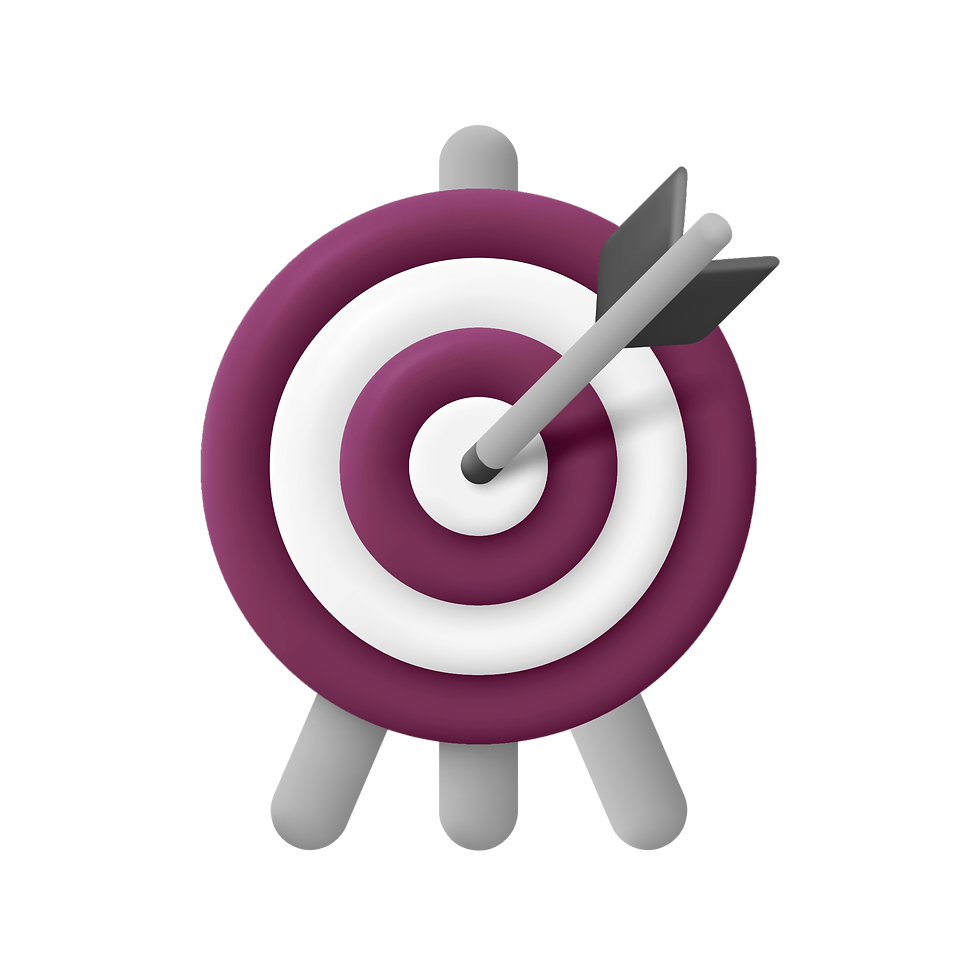


A Woman’s Relationship with Risk Is Different
We take fewer chances with money and often carry the emotional + financial weight of the people we love. That’s exactly why insurance isn’t optional - it’s essential.
A homemaker managing the household economy
A daughter supporting
aging parents
A partner planning for
a shared future
You might be
A single mother raising children solo
A businesswoman building generational wealth
Illustration on Computation of Life Insurance Premiums
Coverage Amount | Rs 1,00,00,000 | Rs 1,00,00,000 |
|---|---|---|
Premium Amount | Rs 3,800 | Rs 5,800 |
Payment Schedule | Quarterly | Quarterly |
Life Cover (in years) | 36 Years | 26 Years |
Marital Status | Single | Single |
Current Age | 28 Years | 38 Years |
*For calculations, a simple Term Plan with no riders is taken. This is for illustration purposed only. Actual premiums may vary.
In every role, you’re someone worth protecting.
Why Insurance
Can’t Be an Afterthought
Too often, we start valuing insurance only after something unfortunate happens. But by then, the cost - financial and emotional is already too high.
Consider these facts:
-
During the COVID-19 pandemic, insurance premiums rose by 30–40%. Protection got expensive just when it was needed the most.
-
Over 40 crore Indians still have no health insurance - not even basic coverage.
-
In FY19, nearly 48% of all healthcare expenses in India came directly from people’s pockets.
-
By FY22, we were spending over ₹12,000 crores (₹120 billion) out-of-pocket on healthcare.
The mindset of “Not Mandatory, Not Necessary” needs to change!
Our Partners
Life Insurance
General Insurance
Health Insurance
